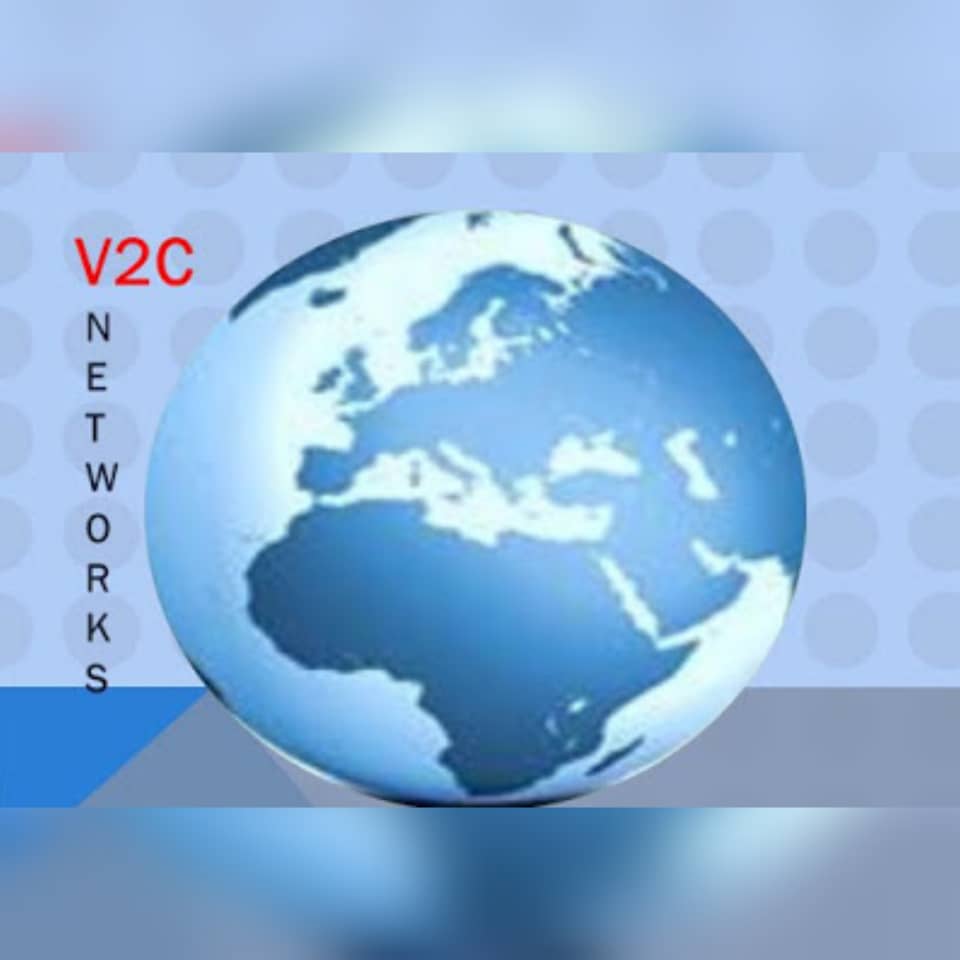--Commends FG’s Decision to Move Containers With Barges
--Amaechi Appeals for More Understanding, Transparency On Secure Anchorage
--As National Assembly Pledges Support for Jamoh
The Governor of Lagos State, His Excellency, Mr. Babajide Sanwo-Olu, has stated that the maritime industry is pivotal to Nigeria’s attainment of the United Nations Sustainable Development Goals (SDGs), saying the country must put in place deliberate measures for the optimal utilisation of its enormous maritime potential. Sanwo-Olu said this in Lagos on Thursday on the occasion of the 2020 World Maritime Day, with the theme, “Sustainable Shipping For Sustainable Planet.”
The governor, who was represented by his deputy, Dr. Obafemi Hamzat, commended the Federal Government for its plan to move containers across the country with barges, stressing that it would bring about more efficiency and ease pressure on the roads.
In his keynote address, the Minister of Transportation, Rt. Hon. Chibuike Amaechi, acknowledged the security challenge in the country’s waters and called for synergy among stakeholders in tackling the problem. Amaechi, who joined the event virtually from Abuja, identified the secure anchorage issue as one that required greater understanding and transparency on the part of stakeholders.
In her own remarks, the Chairman, House of Representatives Committee on Maritime Safety, Education and Administration, Hon. Lynda Ikpeazu, commended the recent collaboration between the Nigeria Navy, Nigeria Police, and NIMASA in addressing maritime insecurity in the country. Ikpeazu pledged the National Assembly’s support for the Director-General of NIMASA, Dr. Bashir Jamoh, in his effort to galvanise the capacities of stakeholders towards maritime safety, security, and shipping development.
According to the Governor, “The theme of this year’s World Maritime Day, Sustainable Shipping For a Sustainable Planet, is apt and timely when we need to pay rapt attention to making our shipping process more environmentally friendly. It is also coming at a time when we need to support the maritime industry to contribute its quota to achieving the Sustainable Development Goals of eradicating poverty and achieving sustainable development by 2030.”
The governor added, “We need to optimise the potential of the maritime industry by utilising our waterways to transport goods and services from one destination to another locally. In respect of this, I must commend the Federal Government for the plan to begin transportation of containers from Lagos to Onitsha through barges and subsequently, to other parts of the country.”
In her welcome address, the Minister of State for Transportation, Senator Gbemisola Saraki, said the event provided an opportunity for the country to focus attention on the crucial role of the maritime industry in the attainment of the SDGs. Saraki said the maritime sector was replete with both opportunities and challenges, noting that the country must find sustainable ways of profitable utilisation of its huge maritime resources.
Senior Special Assistant to the President on Sustainable Development Goals, Princess Adejoke Orelope-Adefulire, in her own remarks, emphasised the importance of sustainable use of the seas and oceans. Orelope-Adefulire said a sustainable blue economy would unlock the full economic opportunities of the oceans, seas, lakes, rivers and other water resources through investment, while protecting the environment for future generations.
Speaking also at the occasion, Dr. Jamoh restated the Federal government’s commitment to the security of the country’s marine environment through the Integrated National Security and Waterways Protection Infrastructure, also known as the Deep Blue Project. He said over 85 per cent of the assets needed for the project’s full takeoff had arrived the country, stressing that the training process for officers that would man the various equipment is being concluded.
According to him, “The determination of the Agency to ensure sustainable use of the seas and oceans is clearly demonstrated by our establishment in 2008 of a specialised department in charge of marine environment management. With the current collaboration between NIMASA, Nigerian Navy, Nigeria Police, and other security agencies, I am convinced that the future of maritime security in the country is very bright.”
Other dignitaries present at the occasion included the Chairman, Senate Committee on Marine Transport, Sen. Danjuma Goje, who was represented by a member of the Committee, Sen. Tolu Odebiyi; Permanent Secretary, Federal Ministry of Transportation, Dr. Magdalene Ajani; Registrar, Council for the Regulation of Freight Forwarders (CRFFN), Mike Jukwe; and Chairman, Ship Owners Forum, Mrs. Margaret Orakwusi.
September 25 every year is set aside by the International Maritime Organisation (IMO) to commemorate the World Maritime Day. Nigeria, through the Federal Ministry of Transportation, marked this year’s event on September 24.


















